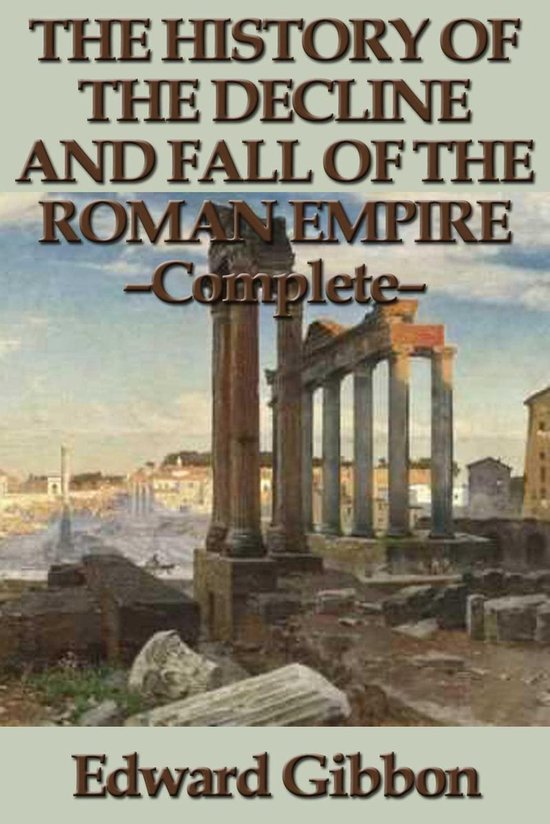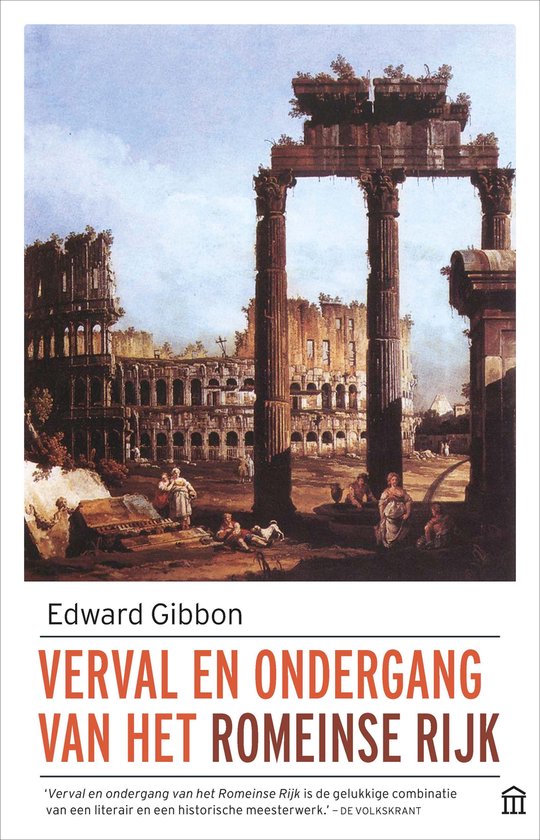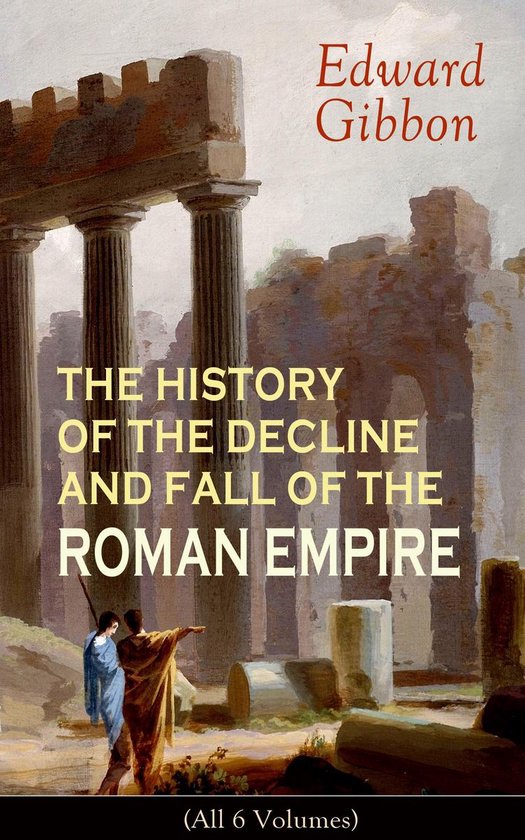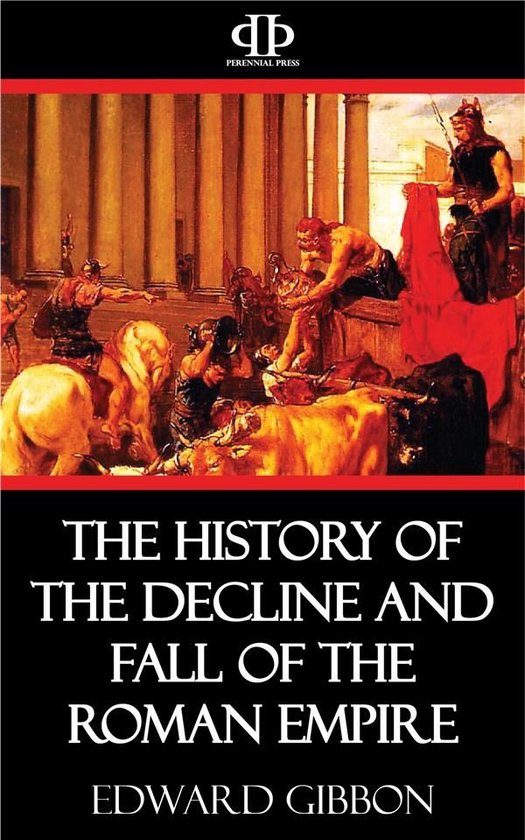
The History of the Decline and Fall of the Roman Empire - Complete
This edition also includes an illustrated history of BOTH the RISE AND FALL of the Roman Empire from its very beginning. HISTORY OF THE DECLINE AND FALL OF THE ROMAN EMPIRE COMPLETE VOLUMES 1 - 6 (sometimes shortened to "Decline and Fall of the Roman Empire") is a book of history written by the English historian Edward Gibbon, which traces the trajectory of the Roman Empire—and Western civilization as a whole—from the late first century AD to the fall of the Eastern or Byzantine Empire. Published in six volumes, volume I was published in 1776 and went through six printings. Volumes II and III were published in 1781; volumes IV, V, VI in 1788–89. The original volumes were published in quarto sections, a common publishing practice of the time. The work covers the history of the Roman Empire, Europe, and the Catholic Church from 98 to 1590 and discusses the decline of the Roman Empire in the East and West. Because of its relative objectivity and heavy use of primary sources, at the time its methodology became a model for later historians. This led to Gibbon being called the first "modern historian of ancient Rome". Gibbon offers an explanation for why the Roman Empire fell, a task made difficult by a lack of comprehensive written sources, though he was not the only historian to tackle the subject. According to Gibbon, the Roman Empire succumbed to barbarian invasions in large part due to the gradual loss of civic virtue among its citizens. They had become weak, outsourcing their duties to defend their Empire to barbarian mercenaries, who then became so numerous and ingrained that they were able to take over the Empire. Romans, he believed, had become effeminate, unwilling to live a tougher, "manly" military lifestyle. In addition, Gibbon argued that Christianity created a belief that a better life existed after death, which fostered an indifference to the present among Roman citizens, thus sapping their desire to sacrifice for the Empire. He also believed its comparative pacifism tended to hamper the traditional Roman martial spirit. Finally, like other Enlightenment thinkers, Gibbon held in contempt the Middle Ages as a priest-ridden, superstitious, dark age. It was not until his own age of reason and rational thought, it was believed, that human history could resume its progress. Gibbon sees the Praetorian Guard as the primary catalyst of the empire's initial decay and eventual collapse, a seed planted by Augustus at the establishment of the empire. He cites repeated examples of the Praetorian Guard abusing their power with calamitous results, including numerous instances of imperial assassination and incessant demands for increased pay.
| Auteur | | Edward Gibbon |
| Taal | | Engels |
| Type | | E-book |
| Categorie | | Geschiedenis |





